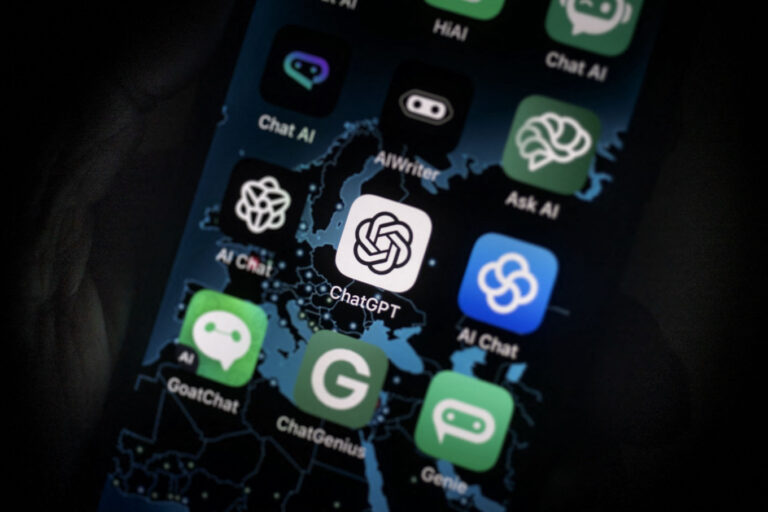The world's most popular AI tools utilize programs from OpenAI and Meta that exhibit bias against women, according to a study released Thursday by UNESCO, the United Nations' cultural agency.
The biggest names in the multibillion-dollar AI field train their algorithms based on vast amounts of data obtained primarily from the internet, which allows their tools to be written in the style of Oscar Wilde or inspired by Salvador Dali. You will be able to create images that capture the
However, their work has often been criticized for not only reflecting racial and sexist stereotypes, but also for using copyrighted material without permission.
UNESCO experts tested Meta's Llama 2 algorithm and OpenAI's GPT-2 and GPT-3.5, the programs that power the free version of the popular chatbot ChatGPT.
The study found that each of the algorithms, known in the industry as large-scale language models (LLMs), showed “clear evidence of bias against women.”
The program generated text that associated women's names with words such as “home,” “family,” and “children,” while men's names were associated with words such as “business,” “salary,” and “career.”
Men were depicted in high-status occupations such as teachers, lawyers, and doctors, while women were often depicted as prostitutes, cooks, and domestic servants.
We found that GPT-3.5 was less biased than the other two models.
However, the authors praised Llama 2 and GPT-2 for being open source, allowing for scrutiny of these issues, unlike GPT-3.5, which is a closed model.
Leona Verdadero, a UNESCO digital policy expert, told AFP that AI companies “are not really able to serve all users.”
UNESCO Director-General Audrey Azoulay said that ordinary people are increasingly using AI tools in their daily lives.
“These new AI applications have the power to subtly shape the perceptions of millions of people, so even small gender biases in their content can significantly increase real-world inequality. “It’s sexual,” she said.
UNESCO released the report to mark International Women's Day, recommending that AI companies hire more women and minorities, and calling on governments to ensure the ethics of AI through regulation.


